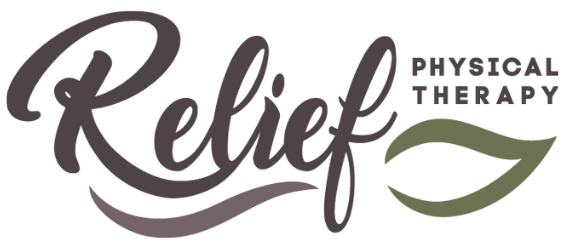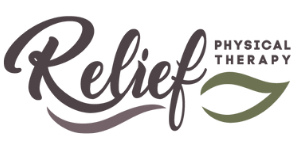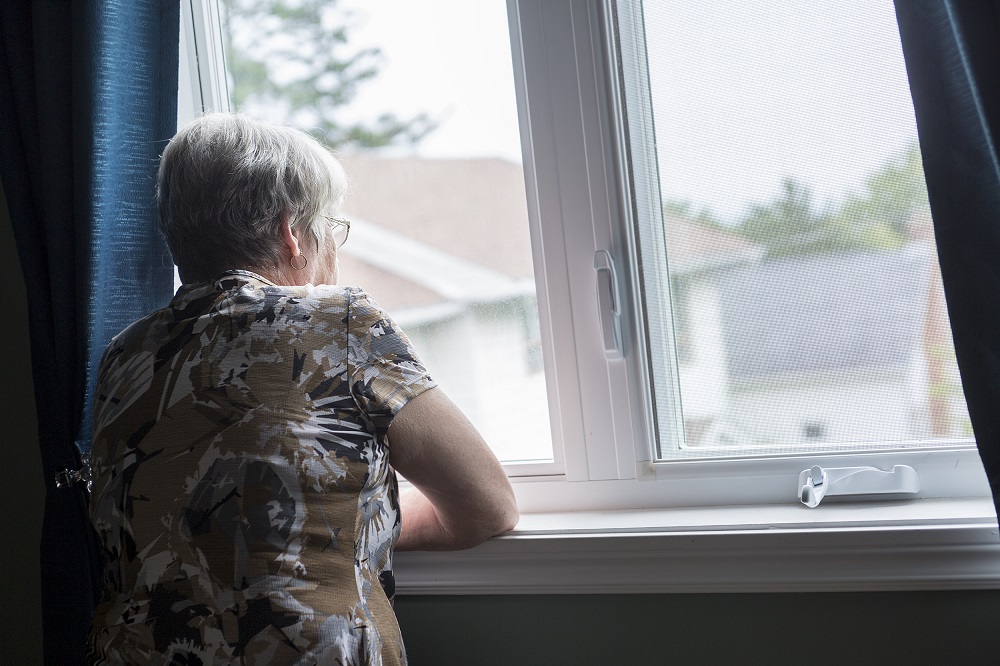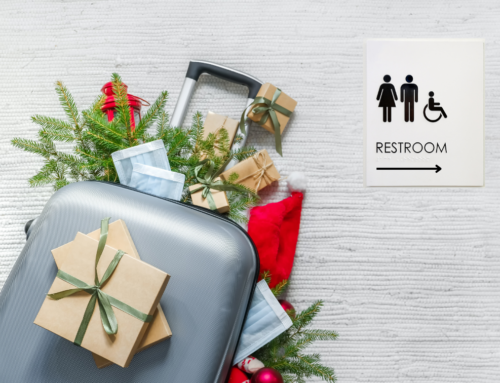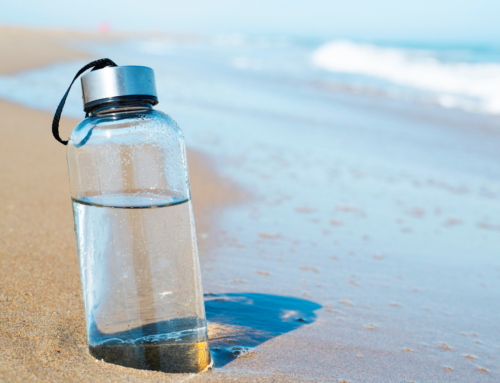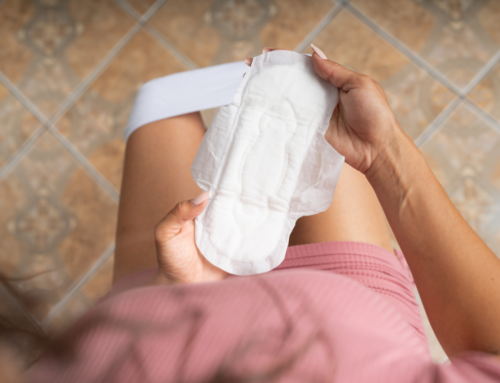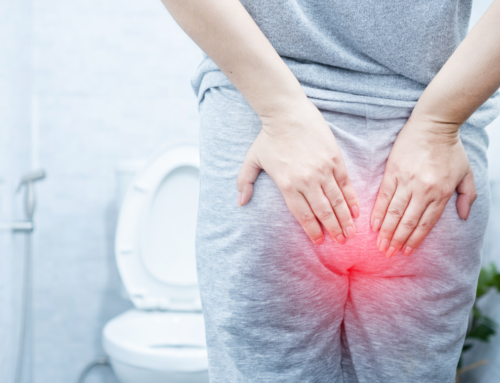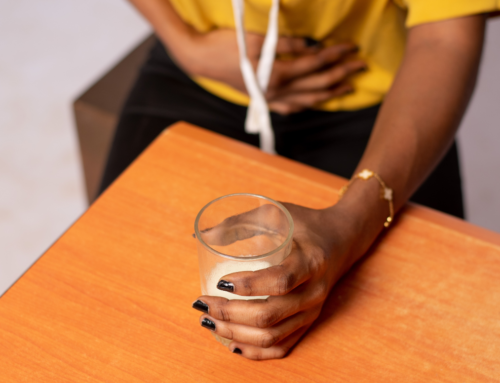5 Tips for managing odor from urinary incontinence
5 Tips for managing odor from urinary incontinence
Urinary leaking can undermine someone’s confidence and make them feel self-conscious. Even when wearing a protective pad, many women worry about whether they have leaked through their clothes or whether they can get to the bathroom in time. Women wonder whether other people can see the pad in their clothes, or worse…do they notice an odor?
Here are a few tips for managing odor from urinary leaking.
- Keep skin clean and dry as much as possible. Skin that is slightly irritated from being damp from urine is more likely to become inflamed when cleaned with harsh cleaners or soaps. Use clean water to rinse the vulva and pat dry.The vagina is self cleaning, and will generally not be exposed to leaking urine. You should not need wash inside with any products to maintain personal hygiene.
- Use absorbent products that are designed for urinary incontinence. Products made for periods are not as absorbent which may allow for leaking onto clothing. Also, products made for bladder leaks have odor-neutralizing substances built-in. Period products do not- to the same extent.
-Absorbent products are available in disposable and reusable varieties.
-Disposable pads are available in thin liners for panties, to large pads that can contain leaks of higher volume.
-Disposable garments offer even more absorbency, and can be more comfortable, and have less overflow than pads inside underwear.
-Protective/absorbent underwear can be considered more comfortable than disposable brands. Washable and reusable, they provide an economical and more sustainable choice, but only appropriate for small or moderate leaking.
- Avoid tight fitting clothing, and synthetic fabrics when possible. Synthetic fibers, such as polyester trap moisture and absorb odors that may build over time, even with regular laundering.Clothing with cotton, linen, and other natural fibers allow better air circulation and is moisture wicking, and don’t trap odors after washing.
- Drink plenty of water– staying well hydrated keeps urine clear, and odor low. Dehydration causes urine to be more concentrated, and odor will be stronger. Shoot for 64 oz – 80 oz per day, or about half of your body weight.A good sign you are getting enough water is that your urine will look clear to slightly yellow when you urinate into a toilet.
- Take steps to get your urinary leaking under control. A pelvic floor physical therapist can help you determine what is causing your urinary leaking. And guide you through strategies to get control and keep your pants dry.
While urinary leaking is not an uncommon problem, the worry and stress of managing odor from urinary leaking can have a significant impact. Take steps today to manage odor, and feel more confident.
Urinary leaking can undermine someone’s confidence and make them feel self-conscious. Even when wearing a protective pad, many women worry about whether they have leaked through their clothes or whether they can get to the bathroom in time. Women wonder whether other people can see the pad in their clothes, or worse…do they notice an odor?
Here are a few tips for managing odor from urinary leaking.
- Keep skin clean and dry as much as possible. Skin that is slightly irritated from being damp from urine is more likely to become inflamed when cleaned with harsh cleaners or soaps. Use clean water to rinse the vulva and pat dry.The vagina is self cleaning, and will generally not be exposed to leaking urine. You should not need wash inside with any products to maintain personal hygiene.
- Use absorbent products that are designed for urinary incontinence. Products made for periods are not as absorbent which may allow for leaking onto clothing. Also, products made for bladder leaks have odor-neutralizing substances built-in. Period products do not- to the same extent.
-Absorbent products are available in disposable and reusable varieties.
-Disposable pads are available in thin liners for panties, to large pads that can contain leaks of higher volume.
-Disposable garments offer even more absorbency, and can be more comfortable, and have less overflow than pads inside underwear.
-Protective/absorbent underwear can be considered more comfortable than disposable brands. Washable and reusable, they provide an economical and more sustainable choice, but only appropriate for small or moderate leaking.
- Avoid tight fitting clothing, and synthetic fabrics when possible. Synthetic fibers, such as polyester trap moisture and absorb odors that may build over time, even with regular laundering.Clothing with cotton, linen, and other natural fibers allow better air circulation and is moisture wicking, and don’t trap odors after washing.
- Drink plenty of water– staying well hydrated keeps urine clear, and odor low. Dehydration causes urine to be more concentrated, and odor will be stronger. Shoot for 64 oz – 80 oz per day, or about half of your body weight.A good sign you are getting enough water is that your urine will look clear to slightly yellow when you urinate into a toilet.
- Take steps to get your urinary leaking under control. A pelvic floor physical therapist can help you determine what is causing your urinary leaking. And guide you through strategies to get control and keep your pants dry.
While urinary leaking is not an uncommon problem, the worry and stress of managing odor from urinary leaking can have a significant impact. Take steps today to manage odor, and feel more confident.

Holly McDonald, PT
Pelvic Rehab Specialist
HoHolly McDonald, PT
Pelvic Rehab Specialist
My practice is in Winston Salem NC. I see some patients virtually, but in-person is even better.
I am located at 501 Shepherd St. Winston Salem NC 27103. For more information, or to schedule an appointment please call the office at 336-414-2050, or email us at office@reliefpt.com.
My practice is in Winston Salem NC. I see some patients virtually, but in-person is even better.
I am located at 501 Shepherd St. Winston Salem NC 27103. For more information, or to schedule an appointment please call the office at 336-414-2050, or email us at office@reliefpt.com.
